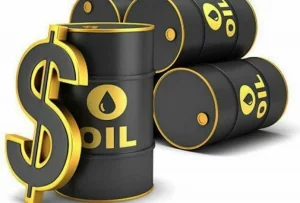
The Manufacturers Association of Nigeria (MAN) has reacted to the increase in petrol prices stating that Small and Medium Scale Enterprises would be particularly hard-hit projecting that SMEs across the country could scale down operations or completely shut down.
The Director General of MAN, Segun Ajayi Kadir disclosed this in an interview with the News Agency of Nigeria (NAN) where he said that the hike in PMS will result in high operational costs in terms of transport and logistics and businesses unable to pass the cost to customers might be forced to close shop.
According to him, the hike in petrol pump prices may result in higher transport fares and increased costs for goods and services, potentially leaving citizens with reduced disposable income.
The Director-General noted that declining purchasing power could lead to lower demand for non-essential goods and services, affecting businesses across various sectors.
He further warned that this could trigger inflation, putting additional strain on household budgets.
He said, “Small and medium-sized enterprises, which often operate on thin margins, could be particularly hard-hit. The increased costs could force some to scale down operations or even shut down if they cannot pass on the additional costs to consumers.”
Ajayi-Kadir noted that the manufacturing sector would likely face negative impacts, with businesses potentially having to adjust their pricing.
This could result in reduced profit margins if consumer demand weakens.
In his words, “One is naturally worried about the impact on the already lackluster performance of the manufacturing sector.”
“In particular, there is no doubt that it will add to production inputs and logistics costs. These will lead to higher prices and dwindling disposable income of the average Nigerian.”
Yesterday, the NNPC Retail stations across the country hiked the price of PMS from N617 per liter to N897– a move that has drawn the ire of Nigerians especially as the country has been experiencing in the past one month owing to supply challenges from the NNPC.
NNPC has denied allegations of owing oil traders a $6.8 billion fuel subsidy debt, which some speculate is contributing to the current supply challenges.








